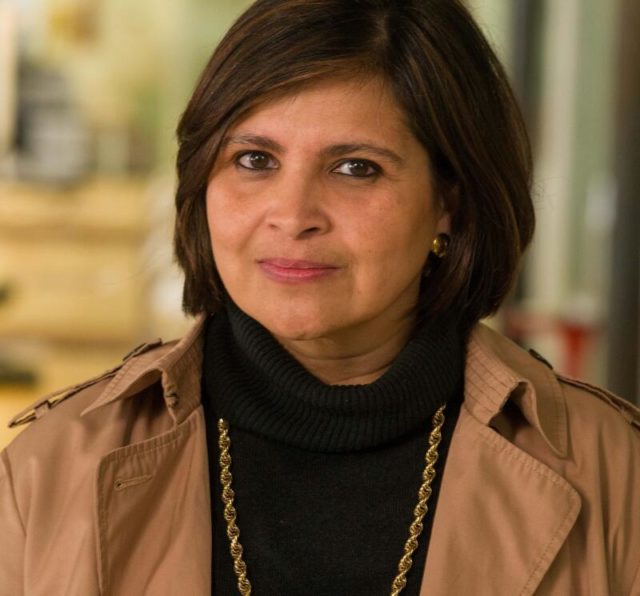Local and international philanthropists donated R1.55 billion to 10 South African universities in 2019 – and when income from sector education and training authorities (Setas) is added, total giving increased to more than R1.94 billion.
LOCAL and international philanthropists have donated R1.55 billion to 10 South African universities in 2019 – and when income from sector education and training authorities (Setas) is added, total giving increased to more than R1.94 billion.
These findings are according to the latest Annual Survey of Philanthropy in Higher Education (ASPIHE), just released by Inyathelo: The South African Institute for Advancement.
This funding represents a R30 million increase on the previous combined total of R1.91 billion received in 2018, and can be largely attributed to some universities investing in professional fundraising, alumni relations and support staff.
Executive director of Inyathelo, Nazeema Mohamed commended ASPIHE.
“ASPIHE continues to provide a rigorous and in-depth overview of philanthropic support to universities in South Africa. This research reveals the commitment of global and South African philanthropy to the South African university sector, and also showcases the important role of Advancement offices in managing philanthropic support,” she said.
South Africa has 26 universities. The 10 that took part in this survey were the Cape Peninsula University of Technology (CPUT); University of Cape Town (UCT); Durban University of Technology (DUT); University of the Free State (UFS); University of KwaZulu-Natal (UKZN); University of Pretoria (UP); University of Stellenbosch (SU); Tshwane University of Technology (TUT); University of the Western Cape (UWC); and the University of the Witwatersrand (Wits).
According to the statement, the 10 universities reported that they employed 174 full-time and part-time staff working in fundraising, development and alumni relations at end-December 2019.
“The numbers suggest that the more an institution spends on attracting philanthropic income, the higher the amount of such income,” said Mohamed.
More ASPIHE findings include:
Donor numbers: The total number of donors grew from 10,856 in 2018 to 12,554 in 2019, an increase of 1,698 donors. This compares to 4 ,55 donors in 2013, when the first survey was conducted.
South African sources: Local donors were responsible for over two-thirds of income. This is unchanged from the previous year, at 69%, but is 16% higher than in 2013.
International sources: Foreign donors were responsible for nearly a third of income (31%) although they numbered only 10% of total donors.
Mean gift sizes: Donation sizes were significantly higher among international donors, because the majority of them are organisations. The majority of South African givers are individual donors.
Growth in the size of grants and donations: Growth by local trusts and foundations outstripped that of foreign trusts and foundations in 2019.
Fund distribution: Nearly half (49%) of donations were intended for student funding, 17% for teaching and learning, 9% for community engagement, 3% for infrastructure and 7% other initiatives.
Traditional versus non-traditional universities: Traditional universities (generally long-established and known for their research) comprised 70% of the sample. These attracted 96% of international philanthropic resources, or R1.48 billion. Non-traditional institutions attracted only 4% of total international resources.
IOL








